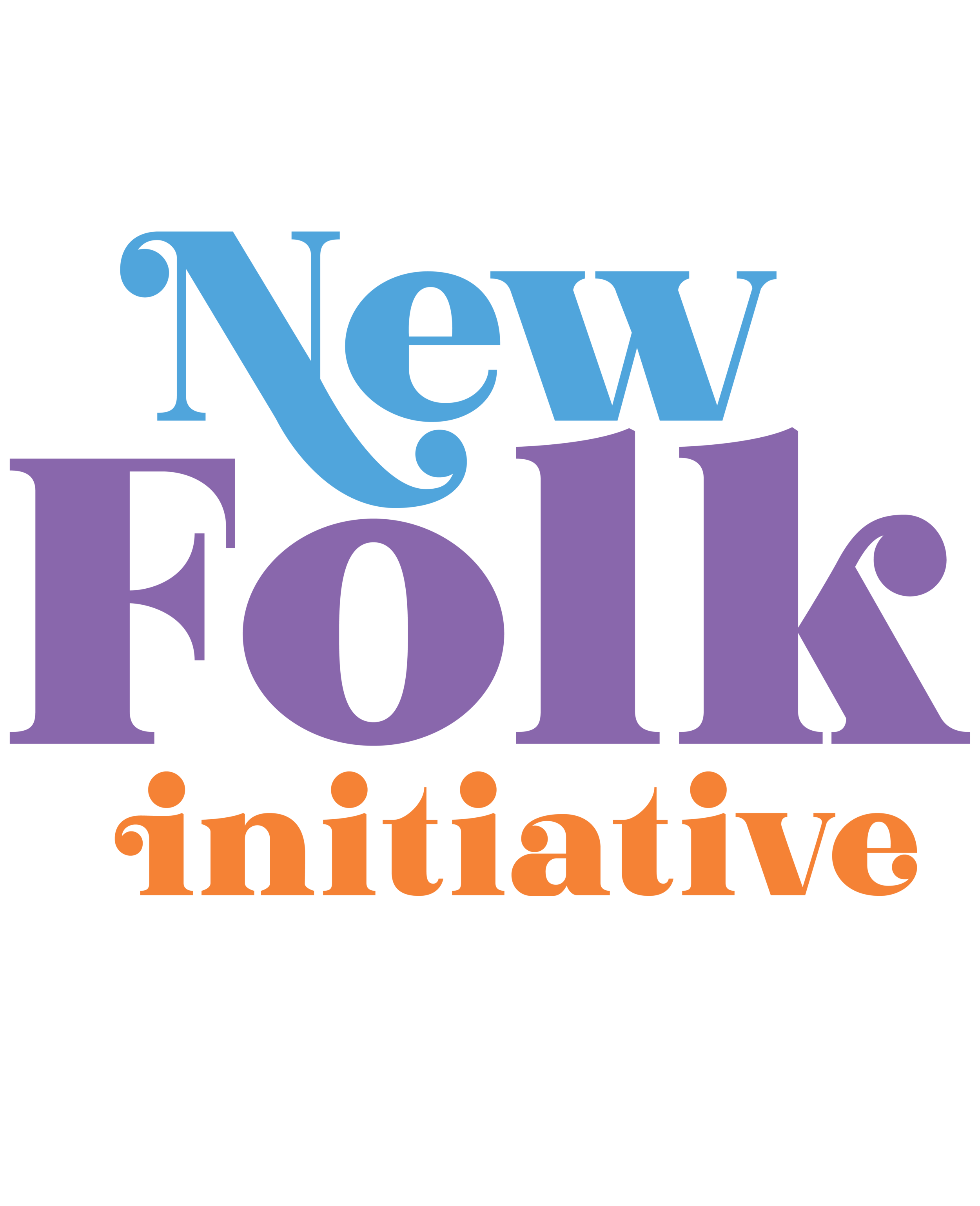Review: Coal Country
The first person you encounter in Coal Country, the new play now running at the Public Theater, is Steve Earle. He’s best known, of course, as a Grammy-winning artist, but his talents extend to literature (a book of short stories and a novel) and acting (television roles on The Wire and Treme and Off-Broadway in Richard Maxwell’s Samara, for which he also contributed music ). He doesn’t act in Coal Country, but before the first song he gets the opening line:
“We’re come here tonight to tell you a story, a West Virginia story that happened not too long ago, a West Virginia story about 29 men and a Big Machine. Kinda like another West Virginia story –the one about John Henry and the Big Bend tunnel.” And then he launches into “John Henry.”
The creation of Jessica Blank and Eric Jensen, Coal Country documents the 2010 explosion at the Upper Big Branch mine in Raleigh County, West Virginia, that killed 29 miners, the largest accident in the U.S. in 40 years. Using the same technique as The Exonerated, their long-running documentary play which drew attention to wrongfully accused prisoners on death row, they conducted dozens of interviews, then used the words of seven survivors (plus a judge) to tell the tragedy of what happened in Coal Country.
Those words are powerful indeed, and under the direction of Blank and the spare set design (just a few benches), the cast holds your attention throughout the 90-minute play. With credible Southern accents, strong singing voices, and inherent humanity, they make you understand who these people were: the life they inherited, the grueling work in the mines, the erosion of workers’ rights with the influx of non-union workers, the lack of safety standards, the pressure to produce from the owners.
The CEO of Massey Energy, Don Blankenship, is the villain who prizes profit (and his own compensation) above all else. And when he goes on trial, the verdict is a relative slap on the wrist, considering the loss of human life: a 12-month prison sentence and a $250,000 fine.
The Public’s Artistic Director, Oskar Eustis, notes of Blank’s and Jensen’s work: “As political as the plays are, they don’t focus on ideology. Their main impact is what the theater has always done: given voice to those who don’t have a chance to tell their story.”
Steve Earle is the perfect voice for the music, both for his commitment to social justice and his down-to-earth folk-country style. “I thought that, given the way things are now,” he’s commented, “it was maybe my responsibility to make a record that spoke to and for people who didn’t vote the way that I did.”
Onstage for the entire time, he functions as a kind of Greek chorus as his songs punctuate the dialogue. Although he was raised in Texas, not West Virginia (and now resides in New York City), those songs resonate with Appalachia. Seven of the songs will be included on his forthcoming album, Ghosts of West Virginia, due in May. The finale is a heart-breaking elegy, dedicated to a miner who died, called “If I Could See your Face Again.”
Right before the song, there is this line of dialogue, which is an apt summation of the play:
“I think people need to know, this is what they did. Alright? This is the story. This is what we got back, this is what we live with. Because we're real. What got left behind is real.”
Coal Country closes on April 5, which, as it turns out, is the 10th anniversary of the mining disaster.
Photo by Joan Marcus
